
Human babies are incredible. Indeed, the more we learn about them, the more we realise just how incredible they are! Not only are they little bundles of joy that have evolved in less than a year, but they also conceal some amazing secrets. Did you know, for example, that babies have gills (kind of), fur and a tail during their development in the womb — and that they have three times more taste buds than adults when they’re first born? In today’s article, we explore some fascinating baby facts that surprised us — and may surprise you! Take a look.
We Remember Nothing Before the Age of 3
Scientists are not completely sure why, but none of us tend to have memories that go back beyond the age of three. Can you recall anything from when you were 2 or 3 years old? The vast majority of us can’t, and it is believed to be because of two possible reasons. One possibility is that we can’t remember our earliest years because the memory system in our brains was not developed enough at that time. The other possibility is that it’s because memory could be tied to language, and our language skills were not sufficient to store memories until the age of three. It could also be a mixture of the two, perhaps.
Newborn Babies have Heart Rates Twice as Fast as Adults
Newborn babies have a heart rate of somewhere between 120 and 160 beats per minute. That’s around double that of adults!
4.44 Babies Are Born Every Second!*
Every second, an average of 4.44 new babies are born around the world*. That’s about 266 babies per minute and almost 16,000 per hour. On a daily basis, it works out to over 383,600 new babies per day and about 140 million every year. The world population is currently growing at a rate of 0.9% annually.
The Birth Rate in England & Wales is Falling
In England and Wales, 591,072 babies were born in 2023 according to the latest Office for National Statistics (ONS) data(¹). That is the lowest birth rate for the region since 1977, as well as being the first time the rate was below 600,000 since 2002. Indeed, women in England and Wales give birth to an average of just 1.44 children over their lifetimes in the latest data, which is the lowest on record.
September is the Most Popular Month for Baby Births
September remains the most popular month for births in England and Wales, according to the same ONS data. The most popular day for births was 28 September, a date that has been in the top ten days for births since 2021.
Boxing Day Has the Lowest Birth Rate
Boxing Day, 26 December, has the lowest birth rate for the whole year, according to the ONS. What’s more, this has been the case for 11 years in a row!
Parents Are Getting Older When Babies Are Born
Data analysed by the ONS over the last 50 years shows that, for babies born in England and Wales, parents are gradually getting older. In the last count (for 2023), a new baby’s father was, on average, 33.8 years of age, while mothers were 30.9.
Over Half the World’s Babies are Born in Asia*
Almost 53% of births happen across the continent of Asia, 30.7% across the African continent, 10.7% in the Americas and just 0.7% in Oceania. That compares to 5% of births that occur in Europe.
Babies Have Gills in the Womb (Kind of)
There has been much debate about whether foetuses — developing babies — have gills when they’re in the womb. The answer is ‘kind of’ according to many experts, including the late Dr Michael Mosley/BBC(∞). While they do have tiny gill-like folds called pharyngeal arches, which may be evidence that humans evolved from fish, they are not gills in the true sense of the word. The so-called ‘gill slits’ can be found on the foetus’s neck in the very early stages of development, but are not for breathing. Instead, the structures migrate and evolve into the top lip, palate, and jaw of the baby.
Human Foetuses Have Tails
In the early stages of development in the womb, human foetuses have tails, which even have vertebrae. However, around the 7th and 8th week of gestation, those vertebrae fuse together, and the tail disappears, leaving only the ‘tailbone’ or coccyx that we’re all born with.
Babies Grow Fur in the Womb
Lanugo is a soft, fine, usually colourless body hair that’s grown by babies in the womb and that eventually covers the baby’s whole body. In tandem with the creamy covering of vernix caseosa that babies are born with, the Lanugo fur’s purpose is to help protect the developing child and help regulate its temperature. Developed from about the 14th week and visible on the foetus’s skin from the 21st week of pregnancy, it is usually shed by about week 35, before birth. It is replaced by vellus hair, which is commonly known as ‘peach fuzz’ on newborns. That said, up to 30% of babies are born with lanugo hair still evident somewhere on their bodies, and this is especially true for premature babies. (Source).
Babies Have 3 Times More Taste Buds Than Adults
Did you know that newborn babies have three times more taste buds than adults? It’s true! Newborn babies have around 30,000 taste buds, whereas adults have no more than 10,000. However, in a newborn, the taste buds are distributed not only over the tongue, but also the palate, throat lining, and tonsils. It is thought that this helps them better identify advantageous foods over potentially toxic ones. That said, the number of taste buds gradually reduces as the infant gets older, eventually being present only on the tongue, as with adults.
Babies Have Almost 50% More Bones Than Adults
Similarly, babies are born with many more bones than adults. It may surprise you to learn that a baby has 300 bones in their body when born, whereas an adult has only 206. As they mature and grow, however, some bones in children fuse together to form single bones. A great example of this can be found in the human skull, which, in babies, consists of several separate bones which, come adulthood, have fused together into a single bone. It is through this kind of process that humans reduce the number of bones in their bodies by almost one-third.
Babies Do Not Cry Tears When First Born
We all know that a baby’s first cry is an important milestone and one that signals that the child is breathing. However, not all of us may notice that most babies do not cry actual tears during the first part of their infancy. That’s because their tear ducts — or lacrimal glands — are not yet fully mature. As such, it may be several weeks or even as long as 2 or 3 months before normal tears are evident when a baby cries. Premature babies usually take the longest to exhibit full tears when crying.
Babies’ Brains Double in Size in the First Year
During the early years, a child’s brain grows rapidly. In the first year alone, babies’ brains double in size and, by the time they’re three, are already four-fifths the size of an adult’s. By the age of five, they’re usually nine-tenths the size of an adult’s brain. That said, traditional wisdom suggests that the human brain continues to develop right into a person’s mid-twenties. However, some experts now believe that some areas of the brain continue to mature right into the thirties.
We hope you found today’s list of fascinating baby facts interesting. We may follow up with another set of fascinating baby facts in a future post, so watch this space!
High-Quality Childcare in Clayton-le-Woods
Little Acorns Nursery: a first-class weekday childcare service for Under-5s near Chorley

 Little Acorns Nursery provides families with a first-class childcare service in Clayton-le-Woods, Chorley. We have a Good Ofsted rating and support free childcare funding schemes for eligible working families with children as young as just 9 months of age. Little Acorns represents a fabulous choice for weekday childcare, which we provide for babies and children under five. Contact us today to apply for a nursery place or to learn more — we’d love to hear from you.
Little Acorns Nursery provides families with a first-class childcare service in Clayton-le-Woods, Chorley. We have a Good Ofsted rating and support free childcare funding schemes for eligible working families with children as young as just 9 months of age. Little Acorns represents a fabulous choice for weekday childcare, which we provide for babies and children under five. Contact us today to apply for a nursery place or to learn more — we’d love to hear from you.
Located in Clayton-le-Woods, Little Acorns Nursery will also be conveniently close for families in Clayton Brook, Clayton Green, Thorpe Green, Pippin Street, Buckshaw Village, Whittle-le-Woods, Farington, Bamber Bridge, Lostock Hall, Euxton, Leyland, and Penwortham.
* (Correct at the time of writing — 12 December 2025 — according to the Live Birth Counter).


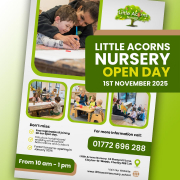
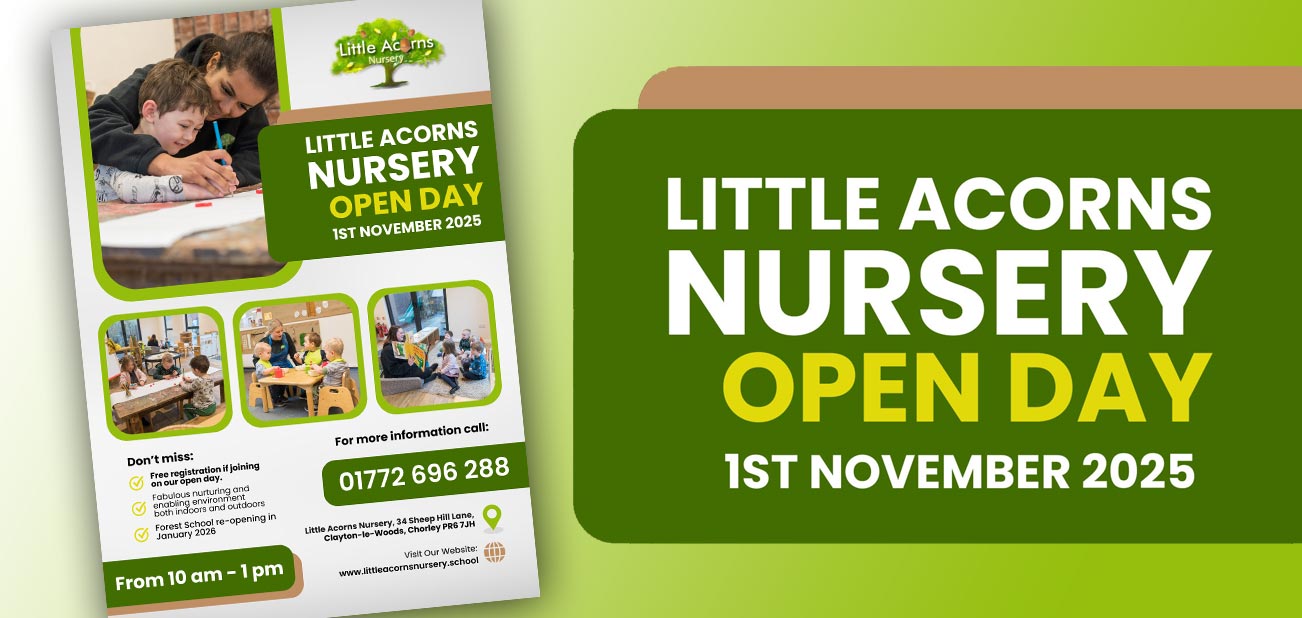
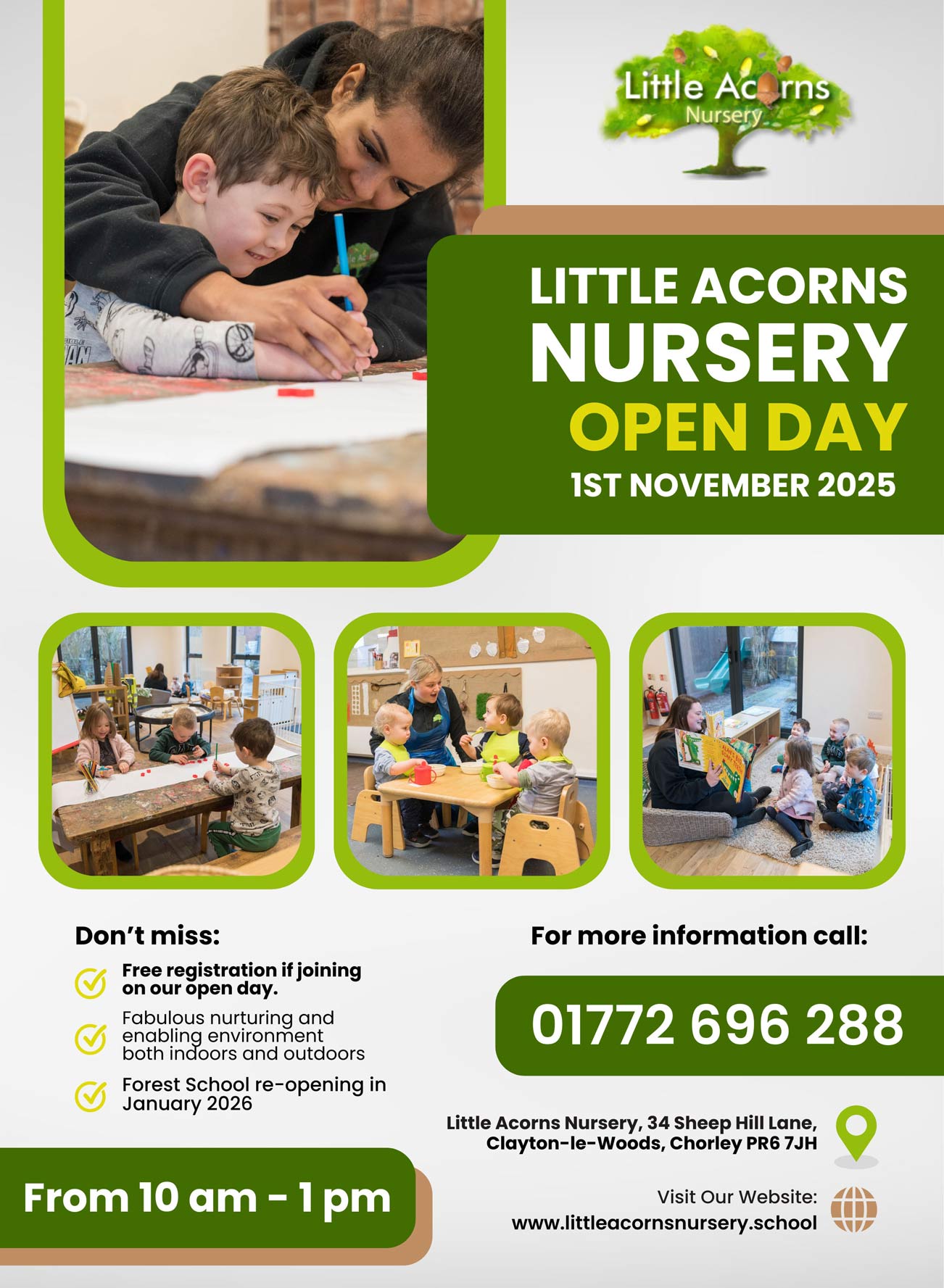

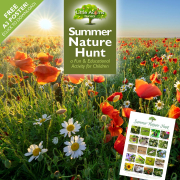
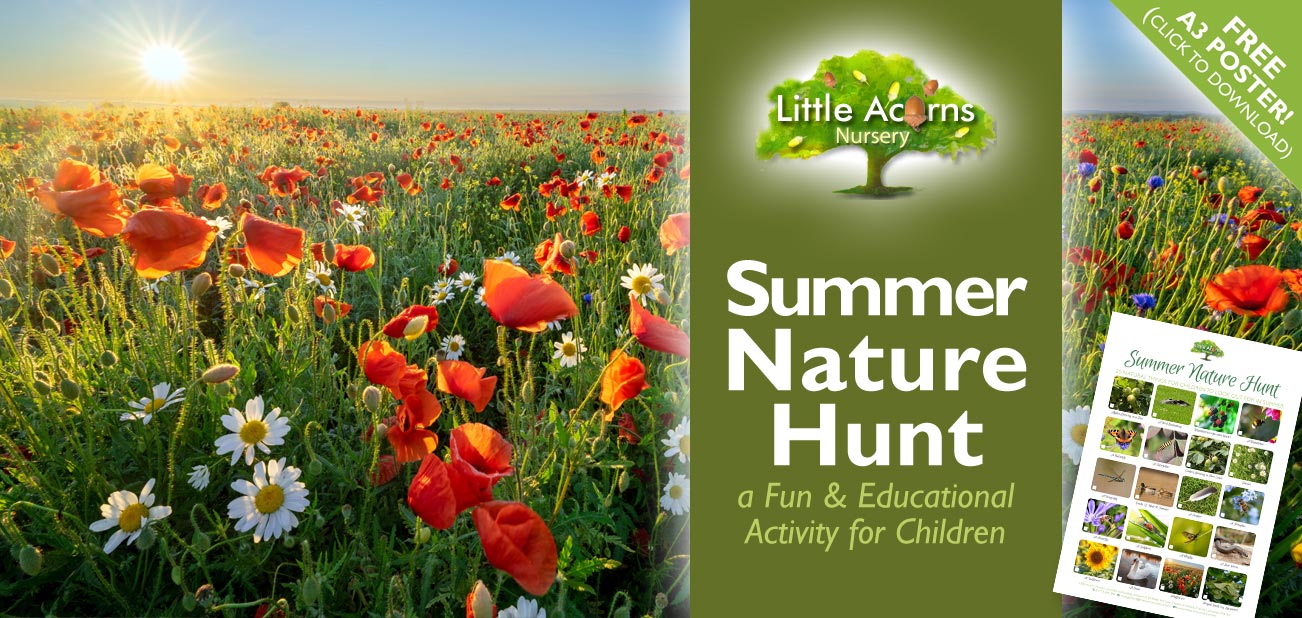
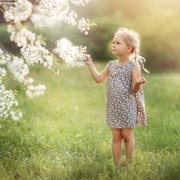 Summer is a wonderful time for children to get outdoors. There, they can breathe the fresh air, benefit from being closer to the natural world, and escape from electronic screens. Nature is incredibly good for children as well as adults (more about that later). A simple way to encourage little ones outdoors is to take them on an exciting and educational nature hunt! There are many fascinating things to look out for during the summer months including butterflies, caterpillars, bees, beautiful wildflowers and much more. A summer nature hunt will open their eyes and minds to the wonders of nature’s flora and fauna, lead to educational conversations with accompanying adults, and be an enjoyable and educational activity. Within all that in mind, we’ve put together a free Summer Nature Hunt poster that will give children and families an idea of what to look out for during the warmer months of summer — and serve as useful visual reference. The poster is free to download right here in this blog post (see below). Once printed out, it can be displayed large on children’s bedroom walls or taken along during the activity — perhaps reduced to a convenient size like A5. Children can use the little tick boxes to tick off each item that’s been spotted. So, venture out little ones — see how many wonderful things you can spot in the natural world this summer!
Summer is a wonderful time for children to get outdoors. There, they can breathe the fresh air, benefit from being closer to the natural world, and escape from electronic screens. Nature is incredibly good for children as well as adults (more about that later). A simple way to encourage little ones outdoors is to take them on an exciting and educational nature hunt! There are many fascinating things to look out for during the summer months including butterflies, caterpillars, bees, beautiful wildflowers and much more. A summer nature hunt will open their eyes and minds to the wonders of nature’s flora and fauna, lead to educational conversations with accompanying adults, and be an enjoyable and educational activity. Within all that in mind, we’ve put together a free Summer Nature Hunt poster that will give children and families an idea of what to look out for during the warmer months of summer — and serve as useful visual reference. The poster is free to download right here in this blog post (see below). Once printed out, it can be displayed large on children’s bedroom walls or taken along during the activity — perhaps reduced to a convenient size like A5. Children can use the little tick boxes to tick off each item that’s been spotted. So, venture out little ones — see how many wonderful things you can spot in the natural world this summer!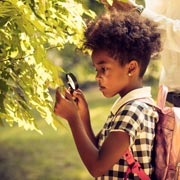 Many of the adorable creatures featured in the poster will be easy to spot at this time of year. Bees, hoverflies, and other pollinators are common to see where flowers are blooming. Butterflies are both stunningly beautiful and at their most abundant during July and August each year, so are sure to delight children with their fabulous colours and patterns. Delightful ladybirds are also rather abundant right now (time of writing: mid-July). Wildflowers like poppies and daisies always make the world a more beautiful place, so they’re a wonderful thing for children to discover too.
Many of the adorable creatures featured in the poster will be easy to spot at this time of year. Bees, hoverflies, and other pollinators are common to see where flowers are blooming. Butterflies are both stunningly beautiful and at their most abundant during July and August each year, so are sure to delight children with their fabulous colours and patterns. Delightful ladybirds are also rather abundant right now (time of writing: mid-July). Wildflowers like poppies and daisies always make the world a more beautiful place, so they’re a wonderful thing for children to discover too. Has your little one ever seen apples growing on a tree? All that blossom from earlier in the year has now given way to little green apples that will grow and ripen as we head further into the year — eventually becoming ready to fall or be eaten come autumn. It’s a great example to show under-fives where some food comes from and explain why pollinators are so important.
Has your little one ever seen apples growing on a tree? All that blossom from earlier in the year has now given way to little green apples that will grow and ripen as we head further into the year — eventually becoming ready to fall or be eaten come autumn. It’s a great example to show under-fives where some food comes from and explain why pollinators are so important.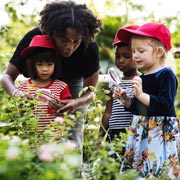 We must also mention slow worms. Now we will be honest here: they’re quite a challenge to spot as they’re very shy and incredibly silent. They may hide in long grass, under grass cuttings, in the undergrowth, and in compost heaps. They are likely to come out only to warm themselves in the sunshine. That’s because they are essentially cold-blooded and legless lizards rather than any kind of snake. Children will have to be very lucky, patient, stealthy, or have deliberately made
We must also mention slow worms. Now we will be honest here: they’re quite a challenge to spot as they’re very shy and incredibly silent. They may hide in long grass, under grass cuttings, in the undergrowth, and in compost heaps. They are likely to come out only to warm themselves in the sunshine. That’s because they are essentially cold-blooded and legless lizards rather than any kind of snake. Children will have to be very lucky, patient, stealthy, or have deliberately made 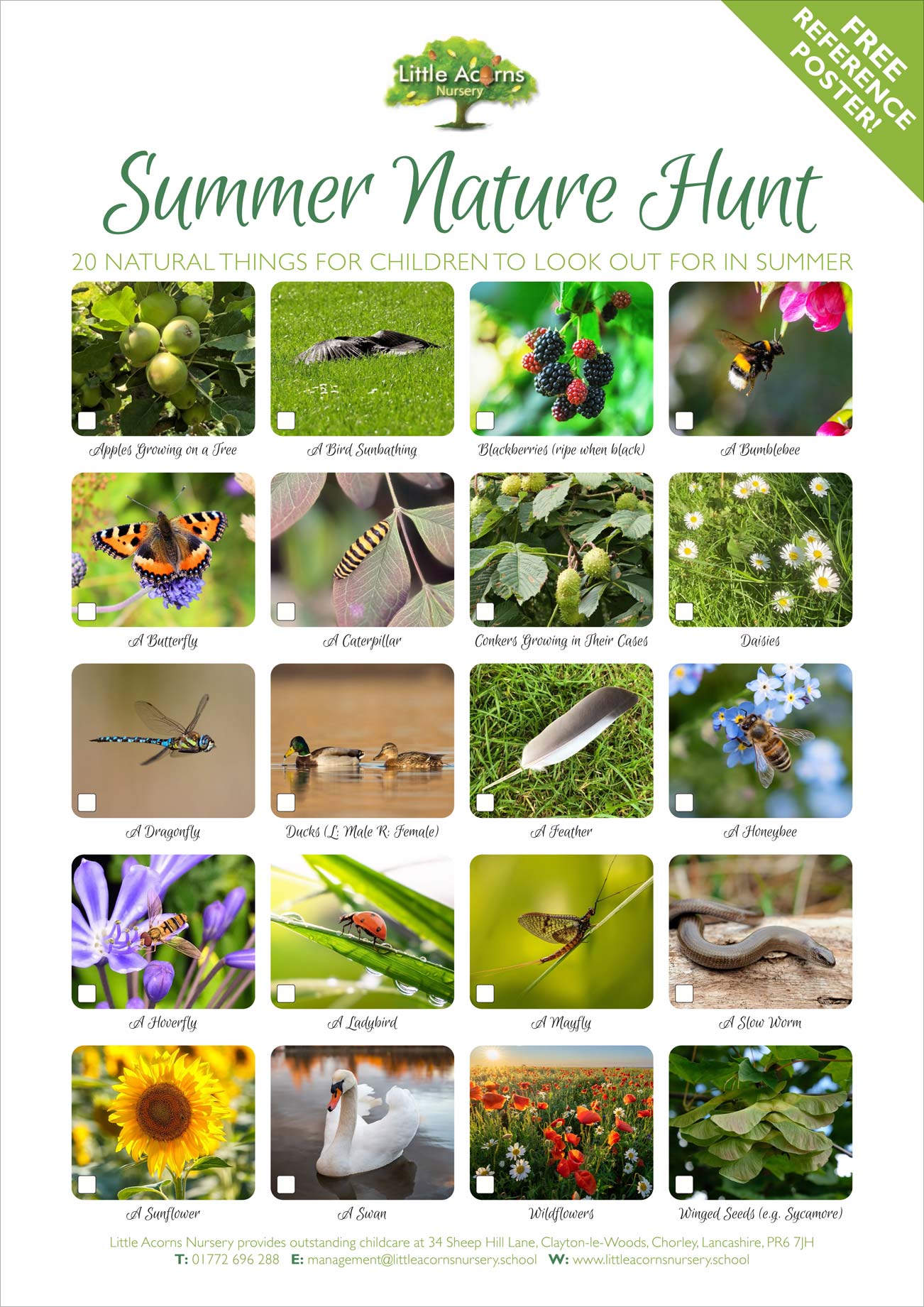
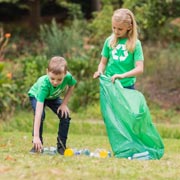 As we said in the introduction, spending time in and around nature is incredibly beneficial to children of all ages. Studies have proven a myriad of benefits, in fact. Just a few examples include a lowering of stress and anxiety, improved motor skills, greater knowledge of the world (and children’s place within it), improved empathy for other living things, a feeling of greater responsibility for nature’s flora and fauna, a development of often lifelong greener values and choices, and even improved academic grades! These are just a few examples — the benefits of spending time closer to nature are incredible. Learn more about
As we said in the introduction, spending time in and around nature is incredibly beneficial to children of all ages. Studies have proven a myriad of benefits, in fact. Just a few examples include a lowering of stress and anxiety, improved motor skills, greater knowledge of the world (and children’s place within it), improved empathy for other living things, a feeling of greater responsibility for nature’s flora and fauna, a development of often lifelong greener values and choices, and even improved academic grades! These are just a few examples — the benefits of spending time closer to nature are incredible. Learn more about 
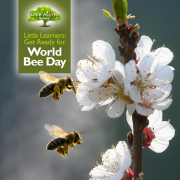
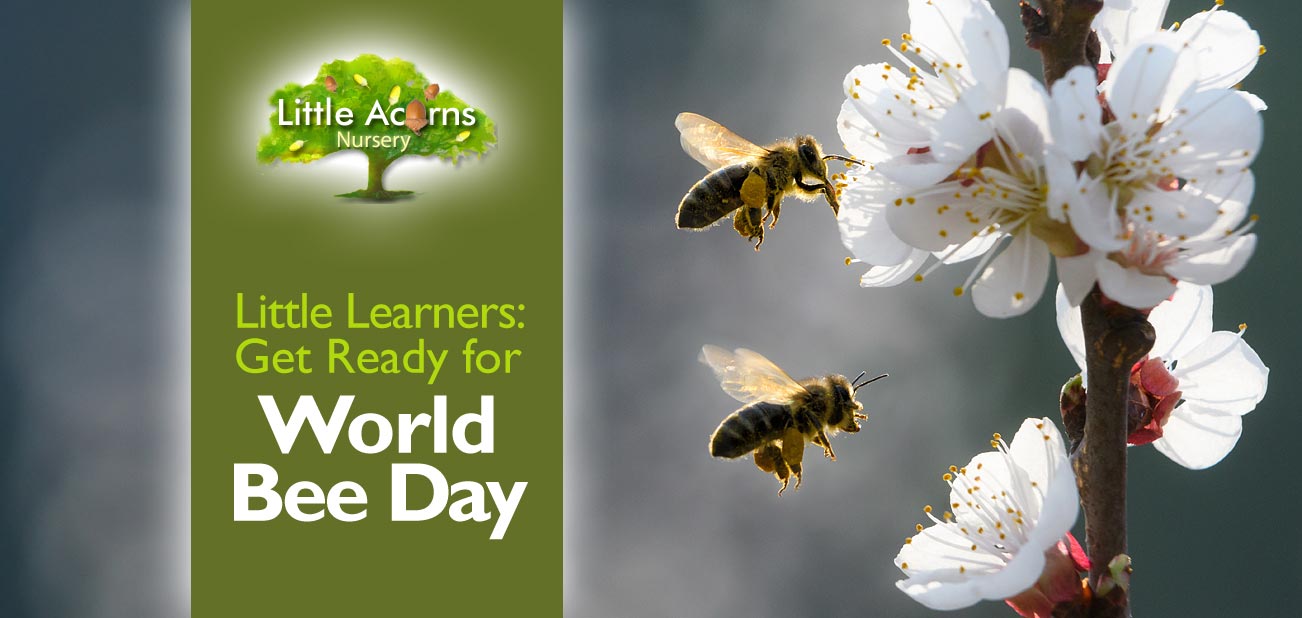
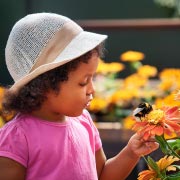 Little learners, get ready – it’s almost time to buzz into action for World Bee Day! The annual event arrives in May and it’s a brilliant opportunity for children and families to get involved in something meaningful, fun, and full of learning opportunities.
Little learners, get ready – it’s almost time to buzz into action for World Bee Day! The annual event arrives in May and it’s a brilliant opportunity for children and families to get involved in something meaningful, fun, and full of learning opportunities.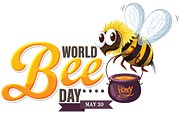 World Bee Day is celebrated every year on 20th May to raise awareness of the vital role that bees and other pollinators play in our world. From helping plants grow and supporting the food we eat every day, bees are some of nature’s hardest workers – and they need our help to survive and thrive.
World Bee Day is celebrated every year on 20th May to raise awareness of the vital role that bees and other pollinators play in our world. From helping plants grow and supporting the food we eat every day, bees are some of nature’s hardest workers – and they need our help to survive and thrive.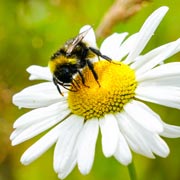 “Bee inspired by nature to nourish us all”
“Bee inspired by nature to nourish us all”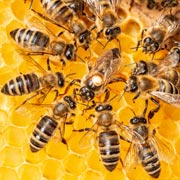 Getting involved in World Bee Day isn’t just fun — it also supports many areas of the Early Years Foundation Stage (EYFS), helping children learn and grow in meaningful, hands-on ways. Here are just a few ways bee-related activities can support early development:
Getting involved in World Bee Day isn’t just fun — it also supports many areas of the Early Years Foundation Stage (EYFS), helping children learn and grow in meaningful, hands-on ways. Here are just a few ways bee-related activities can support early development: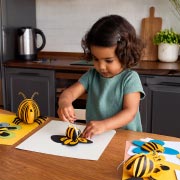 Expressive Arts and Design: Making bee crafts, drawing flowers, role-playing as working bees, or moving like insects in a dance — all help develop creativity and imagination.
Expressive Arts and Design: Making bee crafts, drawing flowers, role-playing as working bees, or moving like insects in a dance — all help develop creativity and imagination.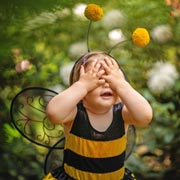 There are so many fun and simple ways for little learners to join in with World Bee Day! Here are a few activities that are perfect for children under five — each one encourages creativity, curiosity, and care for nature while also supporting the EYFS.
There are so many fun and simple ways for little learners to join in with World Bee Day! Here are a few activities that are perfect for children under five — each one encourages creativity, curiosity, and care for nature while also supporting the EYFS.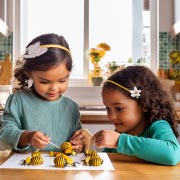 Using paper plates, cardboard tubes, egg cartons or recycled materials, children can create their own bees! Add wings, stripes, googly eyes and antennae for a hands-on creative session. These are wonderfully creative activities that will boost several areas of the EYFS including Expressive Arts & Design and Physical Development.
Using paper plates, cardboard tubes, egg cartons or recycled materials, children can create their own bees! Add wings, stripes, googly eyes and antennae for a hands-on creative session. These are wonderfully creative activities that will boost several areas of the EYFS including Expressive Arts & Design and Physical Development.
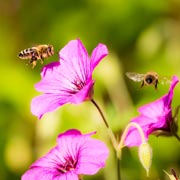 Explore the garden or outdoor space and, without disturbing them, see what pollinators your child can spot. Can they see any bees? What colours and flowers do they seem to like best? Are they collecting nectar? What type of bees are they? Bumblebees are super cute. Honey bees are super-hard workers and do so much for the world. A bee-spotting activity is a great opportunity to explore areas of the EYFS that include Understanding the World and Communication & Language.
Explore the garden or outdoor space and, without disturbing them, see what pollinators your child can spot. Can they see any bees? What colours and flowers do they seem to like best? Are they collecting nectar? What type of bees are they? Bumblebees are super cute. Honey bees are super-hard workers and do so much for the world. A bee-spotting activity is a great opportunity to explore areas of the EYFS that include Understanding the World and Communication & Language.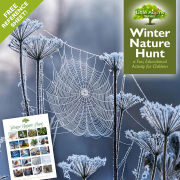
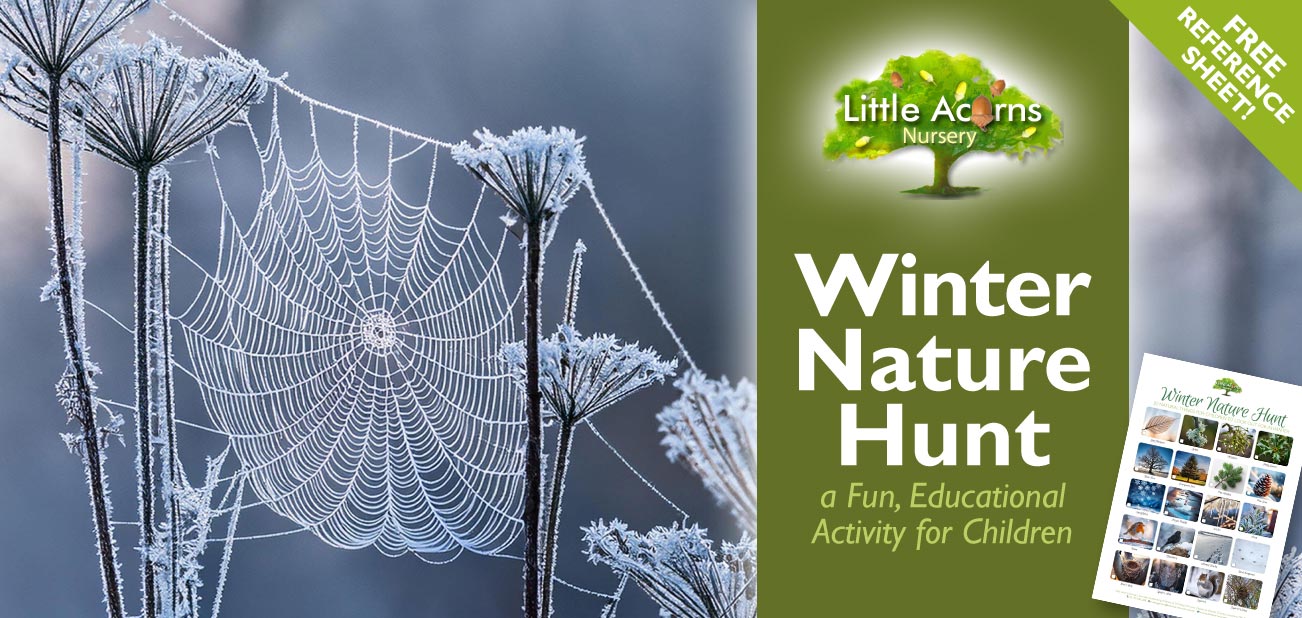

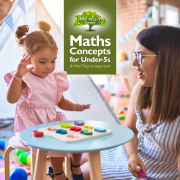
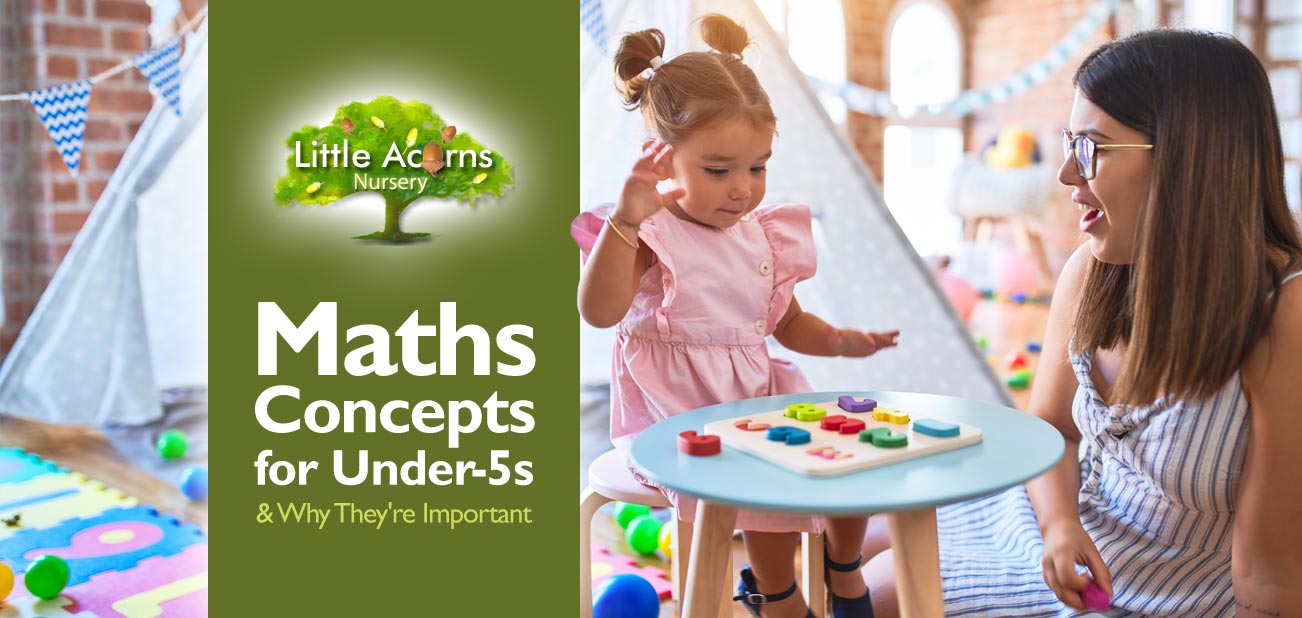
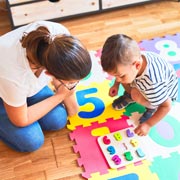 Once babies have transformed into toddlers, it’s never too early to introduce them to maths-based concepts and language. Indeed, introducing under-fives to such concepts in the earliest years will benefit them hugely as it lays the foundations for future learning. That’s one of the main reasons it is a part of
Once babies have transformed into toddlers, it’s never too early to introduce them to maths-based concepts and language. Indeed, introducing under-fives to such concepts in the earliest years will benefit them hugely as it lays the foundations for future learning. That’s one of the main reasons it is a part of  Familiarity with mathematical terms and concepts also helps to prepare children for formal education, including in many areas other than pure mathematics. Understanding maths concepts from an early age will allow them to confidently engage in number-related exercises and discussions, greatly enhancing their school readiness across multiple topics. Such preparation will allow them to take maths-based challenges in their stride right from the moment they begin Reception Year in primary school. What’s even more striking is that studies show a direct correlation between early mathematical skills and later educational achievement.
Familiarity with mathematical terms and concepts also helps to prepare children for formal education, including in many areas other than pure mathematics. Understanding maths concepts from an early age will allow them to confidently engage in number-related exercises and discussions, greatly enhancing their school readiness across multiple topics. Such preparation will allow them to take maths-based challenges in their stride right from the moment they begin Reception Year in primary school. What’s even more striking is that studies show a direct correlation between early mathematical skills and later educational achievement. Counting is the most obvious example. Counting can be introduced and practised by your little one in many, many situations, from counting how many more mouthfuls of food a child should eat, to the number of Lego blocks in a tower they’re creating.
Counting is the most obvious example. Counting can be introduced and practised by your little one in many, many situations, from counting how many more mouthfuls of food a child should eat, to the number of Lego blocks in a tower they’re creating. Shapes also have roots in maths, so children should get familiar with 3-sided triangular shapes, 4-sided shapes like squares and rectangles, and so on.
Shapes also have roots in maths, so children should get familiar with 3-sided triangular shapes, 4-sided shapes like squares and rectangles, and so on. Creative endeavours can also be vehicles through which supervising adults can highlight elements of mathematics that are built into designs and creations that children may generate. Patterns and shapes are obvious examples of that. Last but not least, parents can involve children in maths facets which are integral to everyday life, for instance, counting items when out shopping, or measuring when putting ingredients together for a meal. Children will love being more involved in such activities and will learn about maths in a fun, natural, and engaging way. Doing so will create the strongest foundations for their future learning.
Creative endeavours can also be vehicles through which supervising adults can highlight elements of mathematics that are built into designs and creations that children may generate. Patterns and shapes are obvious examples of that. Last but not least, parents can involve children in maths facets which are integral to everyday life, for instance, counting items when out shopping, or measuring when putting ingredients together for a meal. Children will love being more involved in such activities and will learn about maths in a fun, natural, and engaging way. Doing so will create the strongest foundations for their future learning.
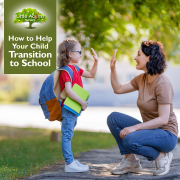
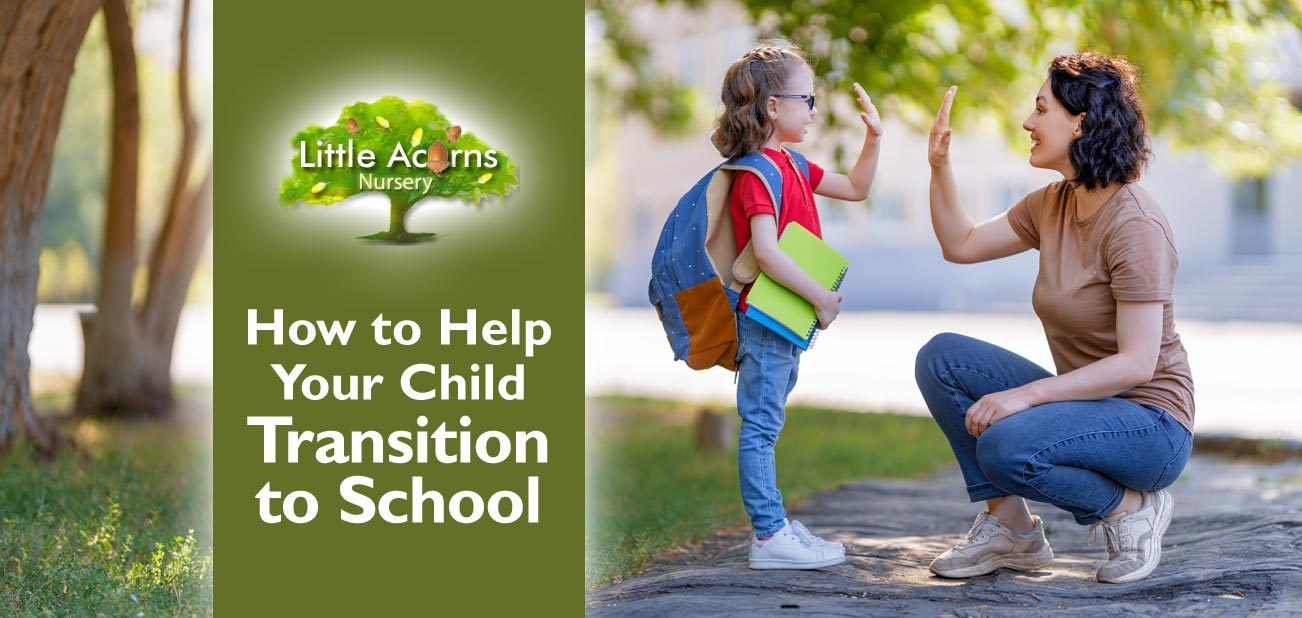
 Beginning school is a huge milestone for any child as well as for the child’s parents or guardians. Whether transitioning from nursery/preschool or straight from home, beginning school can be a daunting step in a child’s life — especially if they’re unprepared. Today’s post therefore aims to help parents/guardians make the transition to school as easy and stress-free as possible for their child, so they are empowered to feel at home and hit the ground running from the moment they begin. Take a look, therefore, at our guide on How to Help Your Child Transition to School. Following the advice should help make this milestone plain sailing for everyone involved.
Beginning school is a huge milestone for any child as well as for the child’s parents or guardians. Whether transitioning from nursery/preschool or straight from home, beginning school can be a daunting step in a child’s life — especially if they’re unprepared. Today’s post therefore aims to help parents/guardians make the transition to school as easy and stress-free as possible for their child, so they are empowered to feel at home and hit the ground running from the moment they begin. Take a look, therefore, at our guide on How to Help Your Child Transition to School. Following the advice should help make this milestone plain sailing for everyone involved. One of the most critically important steps for a smooth transition to school is to ensure your child receives a comprehensive early years education. By this we mean they need to have been nurtured between birth and school age in all areas of their learning and development — ideally including the
One of the most critically important steps for a smooth transition to school is to ensure your child receives a comprehensive early years education. By this we mean they need to have been nurtured between birth and school age in all areas of their learning and development — ideally including the 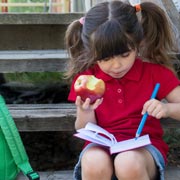 During their journey from birth to school age, it’s also important to nurture children’s independence, social skills and soft skills.
During their journey from birth to school age, it’s also important to nurture children’s independence, social skills and soft skills. When starting school is only a few weeks away, there are several small but impactful things you can do to better prepare your child for the transition:
When starting school is only a few weeks away, there are several small but impactful things you can do to better prepare your child for the transition: Pack your child’s backpack and ensure it includes everything they’ll need. For example, perhaps a snack and/or lunch box, any spare clothes, PE kit, stationery if needed, and so on.
Pack your child’s backpack and ensure it includes everything they’ll need. For example, perhaps a snack and/or lunch box, any spare clothes, PE kit, stationery if needed, and so on. Be on time. Dropping off or picking up late will stress both you and your child out!
Be on time. Dropping off or picking up late will stress both you and your child out!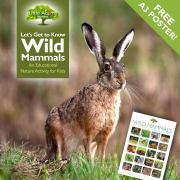
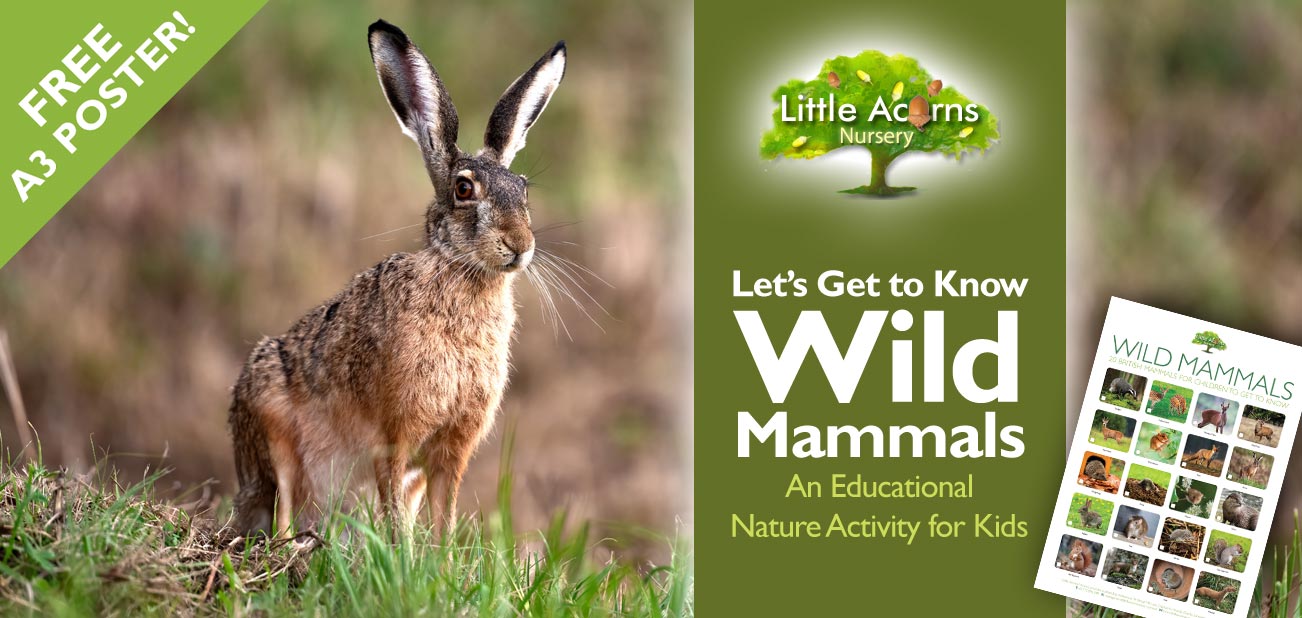
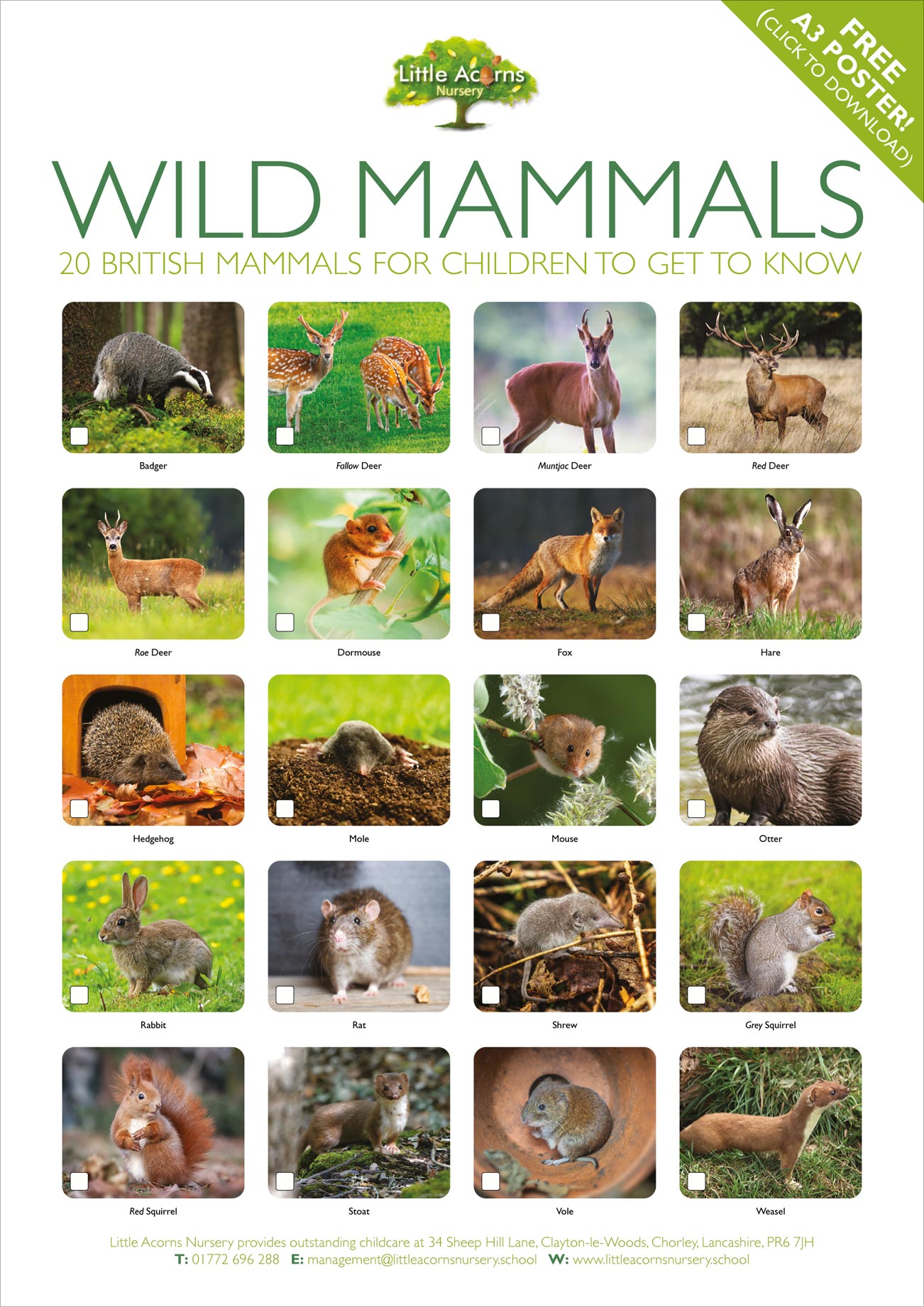
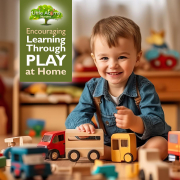
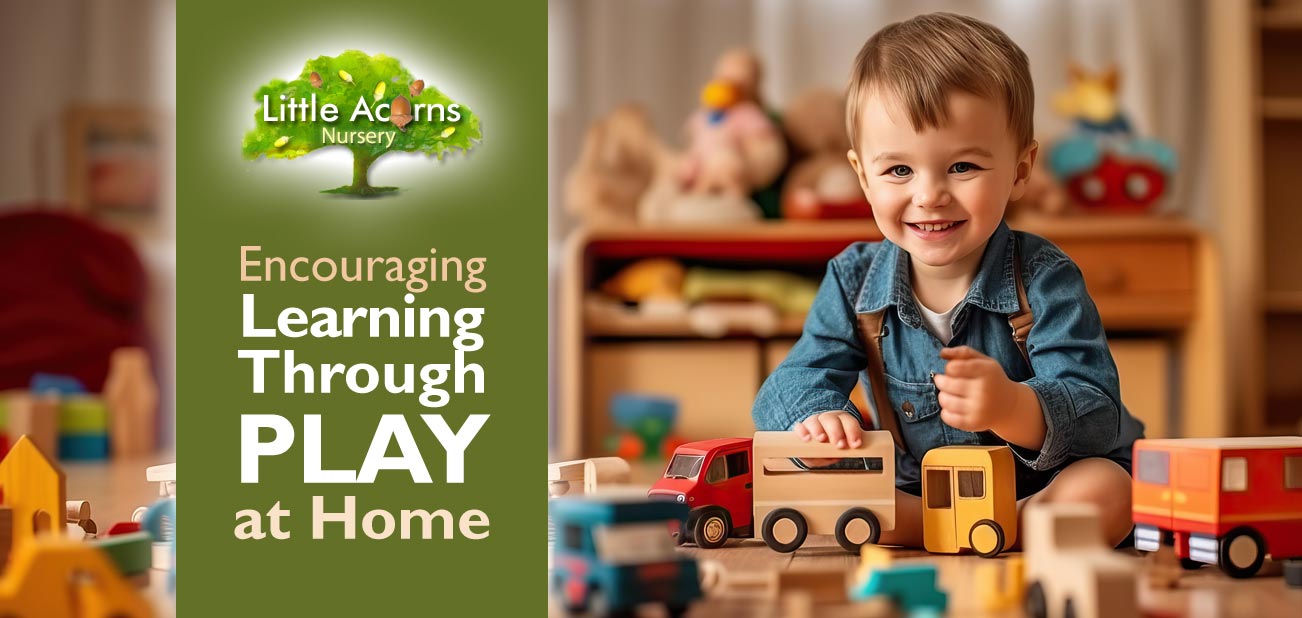
 As we discussed in our recent post
As we discussed in our recent post 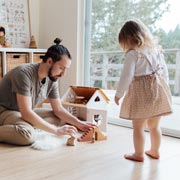 Designate an area in your home for play. It doesn’t need to be elaborate — even a corner with a few age-appropriate toys, books, and art supplies may be sufficient. Ensure, of course, that the space is safe and free from hazards before your child embarks on their play activities.
Designate an area in your home for play. It doesn’t need to be elaborate — even a corner with a few age-appropriate toys, books, and art supplies may be sufficient. Ensure, of course, that the space is safe and free from hazards before your child embarks on their play activities.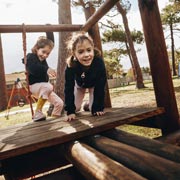 Outdoor play also offers a wealth of learning opportunities. It promotes physical health, stimulates the senses, and allows for unstructured exploration, which all contribute to holistic development. Take your child to the park, explore nature, or simply play with them in the back garden if you have one. Outdoor activities will also foster an appreciation for the natural world. Indeed, we wrote a whole post about
Outdoor play also offers a wealth of learning opportunities. It promotes physical health, stimulates the senses, and allows for unstructured exploration, which all contribute to holistic development. Take your child to the park, explore nature, or simply play with them in the back garden if you have one. Outdoor activities will also foster an appreciation for the natural world. Indeed, we wrote a whole post about 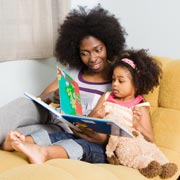 Reading is a wonderful way to support learning through play. Choose age-appropriate books, of course, and be sure to engage in interactive storytelling. Ask and encourage questions about the story, encourage your child to predict what might happen next, and ask them what they might do if it were them in the story. Books and reading teach children so many things and, like pretend play above, truly encourage their imaginations and get their creative juices flowing.
Reading is a wonderful way to support learning through play. Choose age-appropriate books, of course, and be sure to engage in interactive storytelling. Ask and encourage questions about the story, encourage your child to predict what might happen next, and ask them what they might do if it were them in the story. Books and reading teach children so many things and, like pretend play above, truly encourage their imaginations and get their creative juices flowing.  Arrange play dates with other children or involve siblings in play activities at home. Social play helps children learn essential social skills like cooperation, sharing, and conflict resolution. It’s also a great way to make new friendships, learn from each other, and become a closer member of friendship circles.
Arrange play dates with other children or involve siblings in play activities at home. Social play helps children learn essential social skills like cooperation, sharing, and conflict resolution. It’s also a great way to make new friendships, learn from each other, and become a closer member of friendship circles.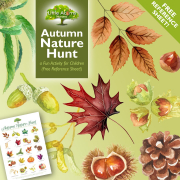
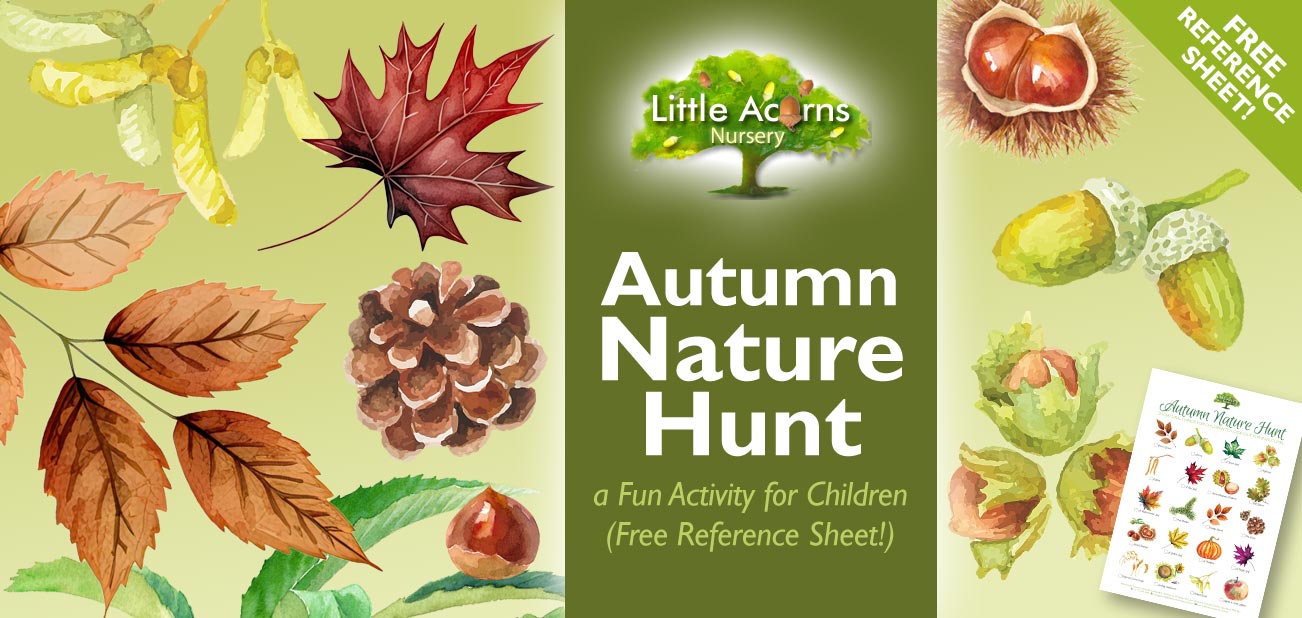
 By mid-November, autumn is in full swing and leaves are turning a myriad of different colours. Scenes of green, yellow, red and golden trees can be breathtakingly beautiful and the air is often crystal clear at this time of year — that’s great for photos! The autumn season also brings with it a treasure trove of fascinating natural things that children can discover if they take the time to look. Indeed, an autumn nature hunt is the perfect excuse for little ones to spend some time outdoors, where they will also
By mid-November, autumn is in full swing and leaves are turning a myriad of different colours. Scenes of green, yellow, red and golden trees can be breathtakingly beautiful and the air is often crystal clear at this time of year — that’s great for photos! The autumn season also brings with it a treasure trove of fascinating natural things that children can discover if they take the time to look. Indeed, an autumn nature hunt is the perfect excuse for little ones to spend some time outdoors, where they will also 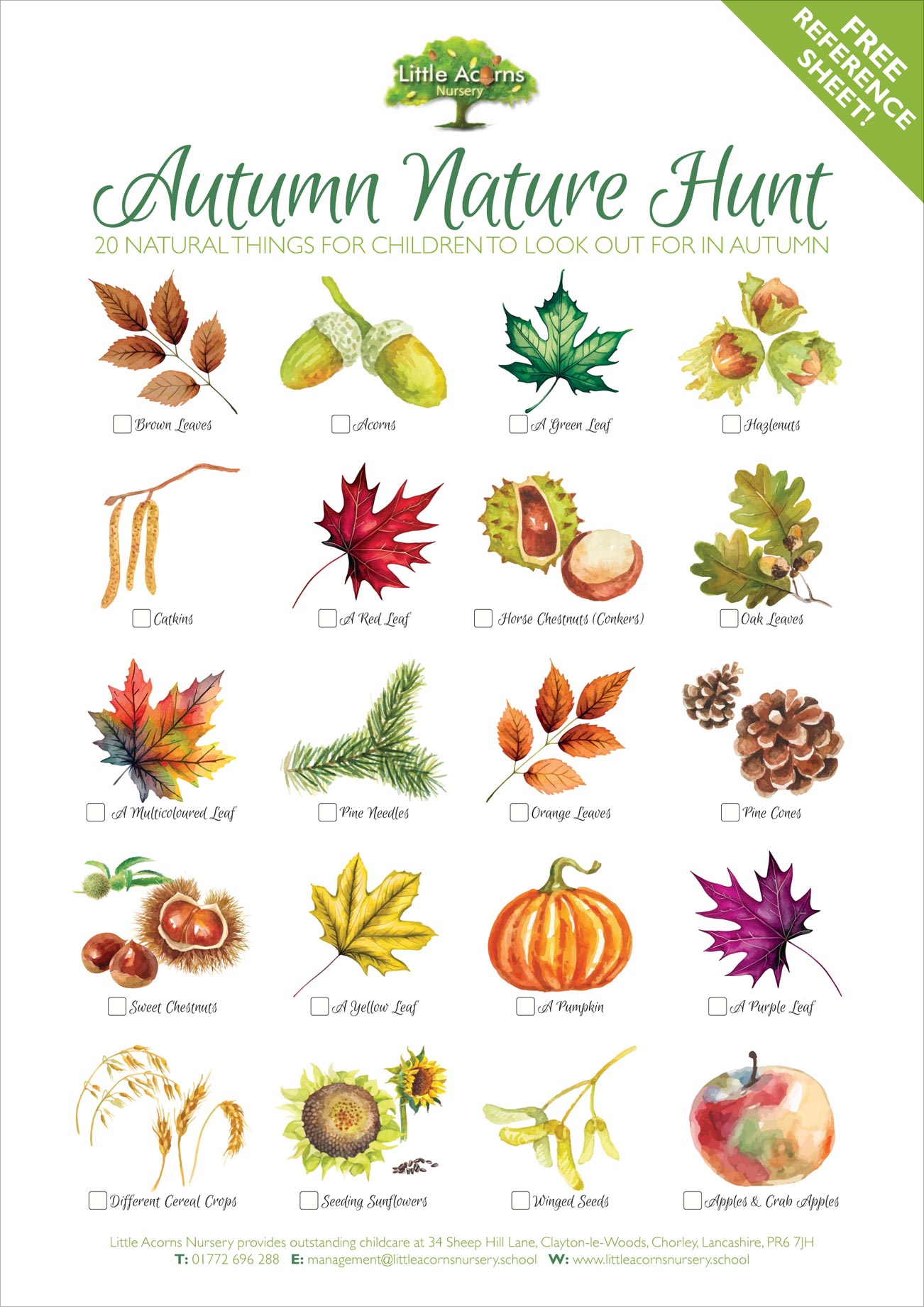
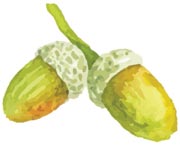 Ensure children, particularly the very young, receive appropriate adult supervision at all times. Although fascinating and fun, the outdoors holds many hazards for the unwary. Therefore, children will need to be closely monitored by a responsible adult in order to safeguard their well-being.
Ensure children, particularly the very young, receive appropriate adult supervision at all times. Although fascinating and fun, the outdoors holds many hazards for the unwary. Therefore, children will need to be closely monitored by a responsible adult in order to safeguard their well-being.